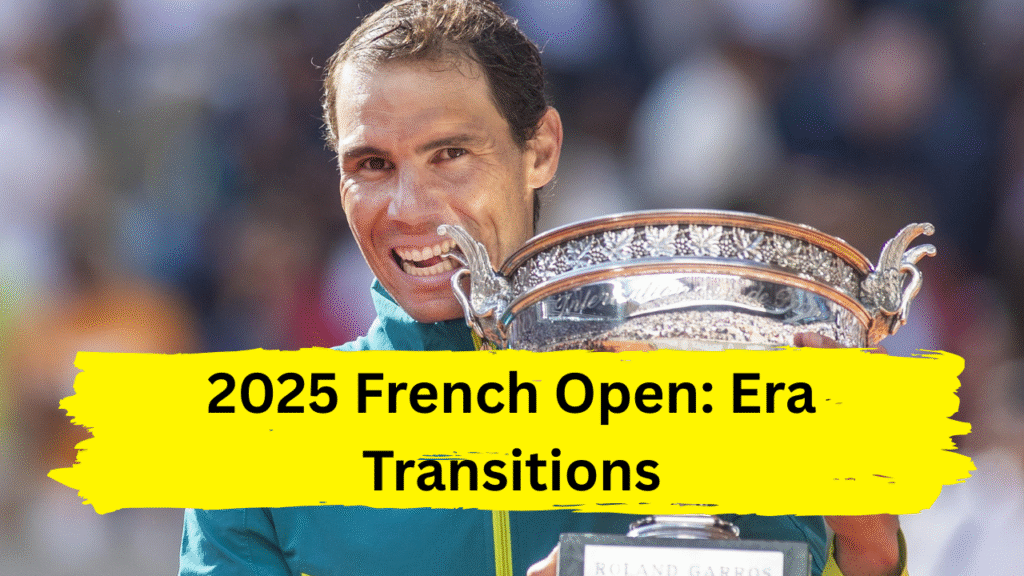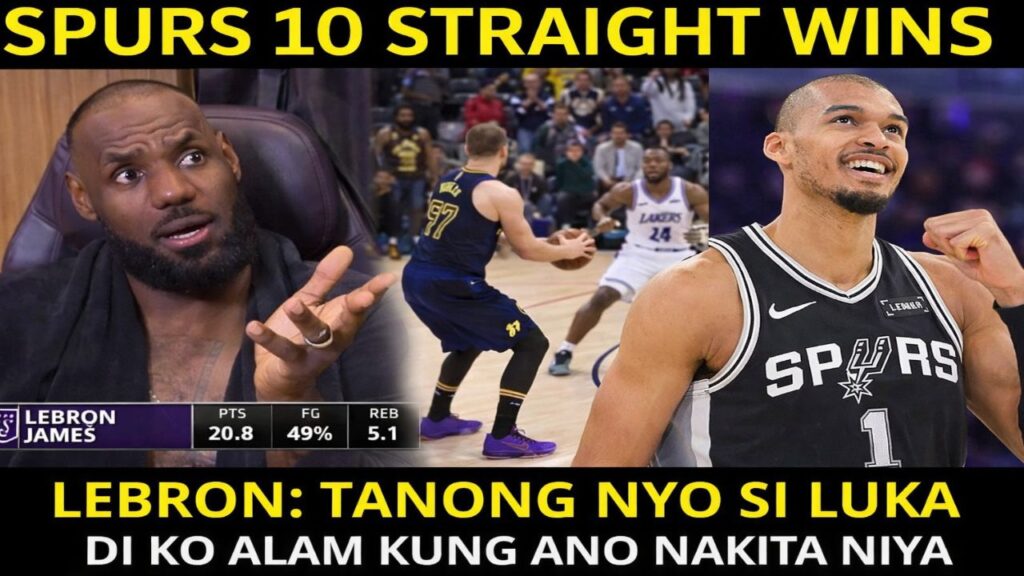The 2025 French Open will forever be etched in tennis history as a tournament of poignant farewells and electrifying new beginnings. From tearful goodbyes to Rafael Nadal, the undisputed “King of Clay,” to the rise of a fearless generation of stars, Roland Garros served as both a stage for legacy and a launchpad for the future.
Nadal’s Emotional Adieu: The End of a Clay-Court Dynasty
The echoes of “¡Vamos Rafa!” reverberated through Court Philippe-Chatrier one final time as Rafael Nadal bid farewell to the tournament he dominated for nearly two decades. The 14-time French Open champion, now 39, received a farewell ceremony fit for royalty. With his family, rivals, and a sea of fans clad in his signature burnt orange, Nadal was honored with a montage of his greatest Roland Garros moments—from his debut win in 2005 to his record-breaking 14th title in 2024. Holding back tears, he addressed the crowd: “This court is my home. The love I feel here will stay in my heart forever.”
Though Nadal fell in the quarterfinals to a spirited Casper Ruud, his exit marked the closing of an era. His unparalleled mastery of clay—a blend of relentless topspin, inhuman stamina, and tactical genius—redefined the sport. Tributes poured in from peers, with Novak Djokovic calling him “the greatest competitor I’ve ever faced” and Carlos Alcaraz vowing to “carry his fighting spirit forward.”
The Men’s Draw: Alcaraz and Djokovic’s Collision Course
With Nadal’s departure, the men’s tournament became a battleground for supremacy between youth and experience. Carlos Alcaraz, 22, cemented his status as clay’s new titan, capturing his second French Open title with a blistering four-set victory over Djokovic. His explosive forehands and audacious drop shots left the Serb scrambling, while his mental resilience in clutch moments—saving 15 of 18 break points—proved he’s inherited Nadal’s knack for rising under pressure.
Djokovic, at 38, defied age yet again, reaching his ninth Roland Garros final. Despite falling short, his run silenced doubters, particularly after a grueling five-hour semifinal against Jannik Sinner. “I’ll be back,” he vowed, though whispers of retirement grow louder. Meanwhile, Sinner, 24, showcased his evolution into an all-court threat, pushing Djokovic to the brink with his laser-guided backhand and improved net play.
Dark horses like Holger Rune and Alexander Zverev faltered early, while American Ben Shelton stunned fans by reaching his first Grand Slam quarterfinal, his rocket serve and fearlessness hinting at a bright future.
The Women’s Draw: Gauff’s Breakthrough and Sabalenka’s Heartbreak
On the women’s side, Coco Gauff, 21, claimed her maiden French Open title, defeating Aryna Sabalenka in a rollercoaster final. Gauff’s 6-4, 3-6, 7-5 victory was a masterclass in adaptability. She countered Sabalenka’s raw power with blistering speed and tactical maturity, saving a match point in the third set with a daring drop volley. “This is for every kid who dreams big,” Gauff said, hoisting the Coupe Suzanne Lenglen.
Sabalenka, however, endured agony. The world No. 1 led 5-3 in the deciding set but crumbled under the weight of unforced errors, extending her Grand Slam final curse to 0-4. “I’ll learn from this,” she said, though her quest for a maiden major on clay remains unfulfilled.
Iga Świątek, the 2022-2024 champion, saw her reign end in a shock fourth-round loss to Ukraine’s Marta Kostyuk. Kostyuk’s fearless aggression and 38 winners exposed Świątek’s reliance on rhythm, signaling a shifting guard. Meanwhile, Mirra Andreeva, 18, dazzled with a semifinal run, her crafty shot-making and composure earning comparisons to a young Martina Hingis.
The Legacy of 2025: A Sport in Transition
This year’s French Open underscored tennis’s evolving landscape. Nadal’s exit leaves a void, but Alcaraz and Gauff have emerged as charismatic heirs, blending generational talent with marketable appeal. Djokovic’s twilight battles and Sabalenka’s near-misses remind us that greatness is often intertwined with vulnerability.
For Roland Garros, the tournament also marked a technological leap. AI-powered line-calling, tested here for the first time, eliminated human error, while interactive fan holograms allowed global audiences to “sit” courtside—a nod to tennis’s digital future.
Final Thoughts
The 2025 French Open was more than a tournament; it was a metaphor for sport itself. Nadal’s farewell reminded us of the beauty of legacy, while Alcaraz’s triumph and Gauff’s breakthrough heralded a thrilling new chapter. As the red clay is swept away until next year, one truth lingers: tennis’s heartbeat lies in its endless cycle of endings and beginnings, where every goodbye plants the seed for a future champion.
Relive the matches on demand and witness how history unfolded at Roland Garros.


